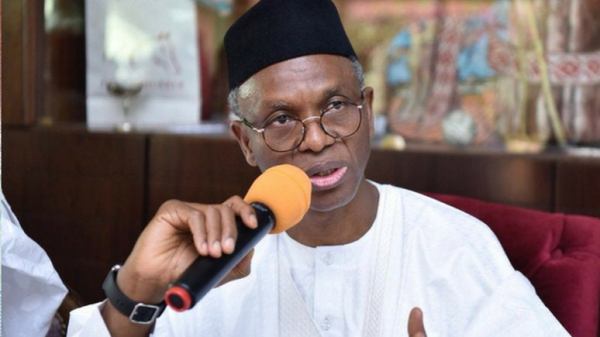A former governor of Kaduna State, Nasir El-Rufai, has said many Nigerians no longer trust the judiciary to get justice.
Mr El-Rufai also accused the judiciary of corruption, alleging that many judges and lawyers have compromised their roles in delivering justice.
The former governor disclosed this during the Law Week of the Nigerian Bar Association, Bwari Branch, in Abuja, on Monday.
He noted that the distrust stemmed from the frequent delays in justice and decisions perceived to be influenced by bias or external interests.
“In parallel, our judiciary—meant to be the bedrock of fairness and order—is under intense scrutiny. Concerns about delayed justice, procedural inefficiencies, and in some cases, judicial compromise [to put the matter delicately], erode public confidence,” he said.
While lamenting the increasing use of ex parte orders in political matters, Mr El-Rufai accused some legal practitioners of manipulating the court system for political advantage.
“The rise in forum shopping, the weaponisation of ex parte orders in political matters, and the growing perception that justice is for sale and available only to the rich and the powerful would cause the perceptive observer to conclude that what Nigerian courts do is the administration of law and not the administration of justice.
“In Nigeria, there is a seemingly unbridgeable gulf between law and justice. Not only is justice wanting, but the law that is administered seems to be according to the wishes of the executive,” he said.
He therefore appealed to legal practitioners to reflect critically on their roles and recommit themselves to upholding impartial justice.
“The demand on you, as practitioners in the Temple of Justice, is a sober introspection as you contemplate whether indeed Justitia is blind and whether she holds the scales of justice in fine balance”, he added.






